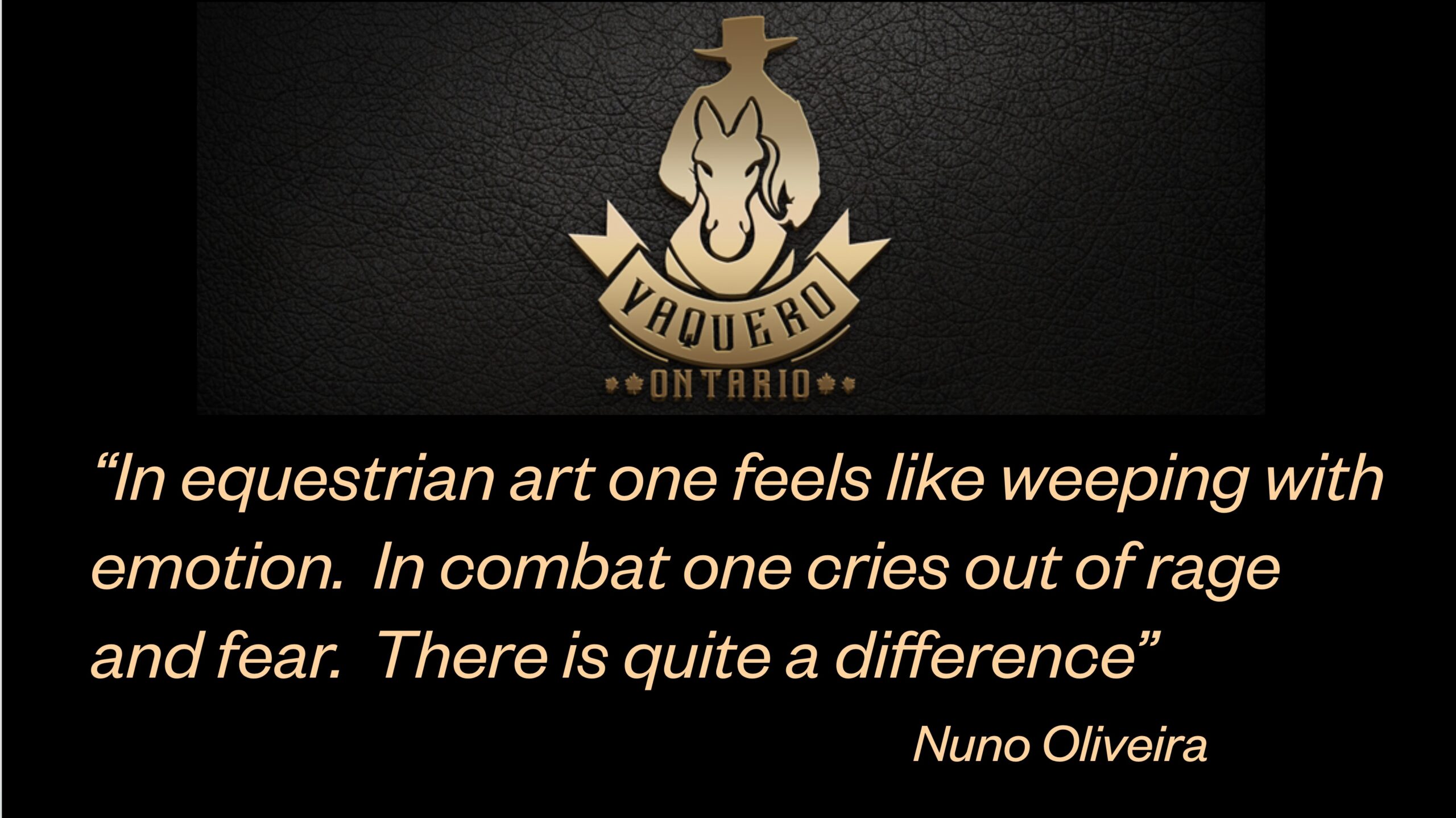The Importance of First Impressions with Young Horses
I can’t quite recall if it was Tom Dorrance or Ray Hunt who said, “You only ever have one chance to make the first impression,” but that statement has always stayed with me, and it rings true more than ever. After witnessing a painful attempt at trailer loading a young filly, I became even more mindful of how crucial that first impression really is.
I happened to arrive at the the barn at the wrong time and found myself watching a horse owner becoming frustrated and angry with a young horse that wouldn’t load onto the trailer for the first time. What struck me most was that no preparatory work had been done beforehand. The young filly was being roughly handled by the halter, her head jerked violently out of anger. She was pushed and pulled, treated in a harsh and unnecessary way that left me feeling disheartened.
The halter was gripped tightly by the cheek piece, and the filly was pulled toward the handler only to be forcefully pushed away again. As Dr. Steve Peters discusses in Evidence-Based Horsemanship, “Someone with anger issues could attribute a horse’s confusion, fear, or self-preservation as insubordination and deserving of punishment. Horses are horses, and behave as horses should. They have no alternative. It’s humans who decide to label certain of these behaviors as stubborn, lazy, or sour.”
I have learned over time to be more mindful and sometimes to mind my own business. Unfortunately, the more I immerse myself in horsemanship, the more I notice rough handling in the world of horses. With great restraint, I chose to observe quietly, though I was taken aback by the sheer lack of understanding in the moment. Abuse seems to be an unfortunate reality for many horses, and I am constantly reminded of Tom Dorrance’s declaration that he was the “horse’s lawyer.” I consider myself fortunate to have like-minded friends and mentors, yet standing up to abuse and working toward change is never an easy task.
You don’t have to be an expert to recognize when something is wrong; all it takes is a keen eye, a passion for horses, and a commitment to doing better. Recognizing when a horse is being over-asked or mishandled doesn’t require formal expertise, just care and awareness.
When a horse is mishandled, it can be emotionally scarred for a long time. The good news is that most of these issues can be corrected, though it may take a high ratio of proper handling to undo the damage. As Martin Black once mentioned, the ratio can be as high as 100/1. If you don’t have the patience or mental fortitude to work through these challenges, horses may not be the right animal for you.
There are many reasons why horses often suffer abuse, with ignorance being one of the most common. Many handlers simply don’t know any better, having never been taught proper horsemanship. Another reason, though less frequently considered, is the horse’s own nature. Horses are incredibly tolerant by nature and don’t dwell on the past the way humans do. They naturally seek the easiest path, which is why it’s so important to make the right choices easy and the wrong choices difficult.
When working with a young horse for the first time, always be kind, patient, and thoughtful. Allow them the time they need to make the right decision, and praise them generously when they do. Don’t rush the process. Remember the old Vaquero saying, “tienes siempre mañana”—”you always have tomorrow.” Approaching a situation with the mindset that you have all the time you need will often lead to quicker and more successful outcomes. In contrast, when you approach it with a sense of urgency, the process will likely take much longer.
Above all, I believe the most important message from Ray Hunt is simply this: “THINK!”

